CCT Learning Goals
Communication, Culture & Technology grounds itself in structured and innovative learning goals, while also engaging vast disciplines and approaches.
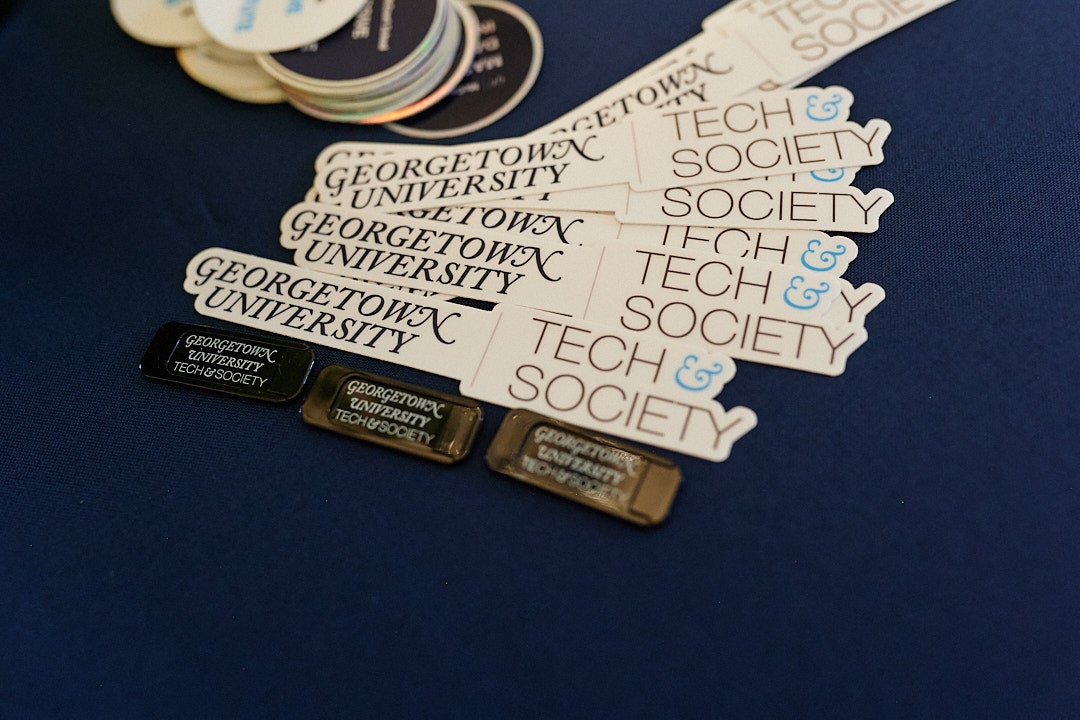
Technology
Communication, Culture & Technology students gain a grounding in the history and mechanics of technology. They assemble heterogeneous methods and theories to look into the development of technologies and examine how they are shaping our world. Students acquire practical knowledge of information and communication technologies so that they can work in technology-related fields.
Students are required to take CCTP 5006: Foundations of Technology. The course assesses their understanding of past, present and emerging technologies, and their success in applying this knowledge in real world contexts.
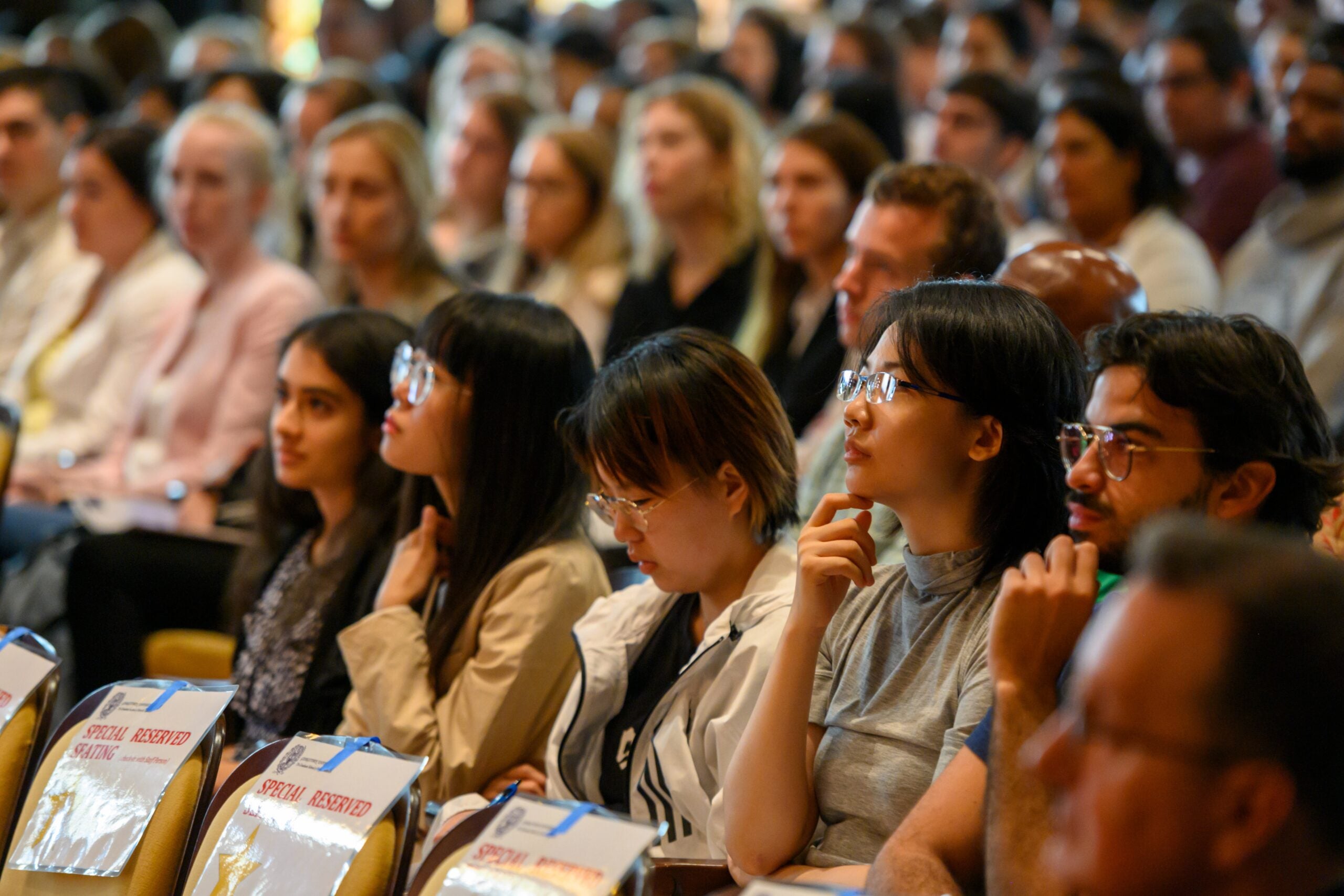
Interdisciplinary Problem-Solving
Technology interacts with communication and culture in complex ways that go beyond the boundaries of individual disciplines. Communication, Culture & Technology students learn to ask questions and address problems related to communications and technology that integrate disciplinary traditions, theoretical frameworks, methodological approaches, and styles of argument.
Students are required to take CCTP 5005: Introduction to Communication, Culture, and Technology. Students demonstrate growth in problem-solving by using concepts from multiple disciplines in the design of individual and group research projects. They make oral, written, multimedia and conference-style presentations. They choose material appropriate to interdisciplinary exploration, compare and contrast concepts, and make arguments incorporating insights from across fields.
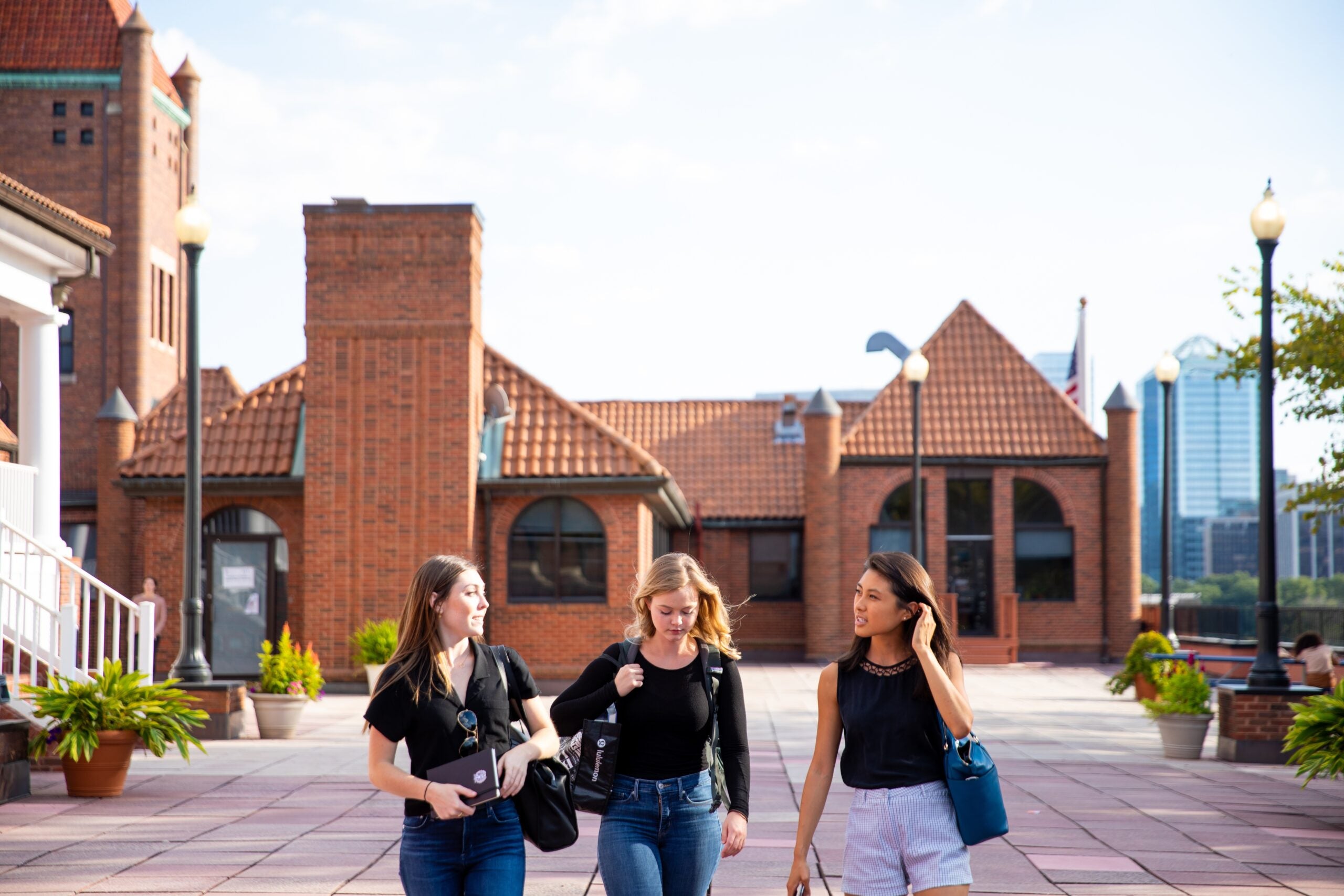
Methodology
Students learn to employ methods conducive to studying established and emerging communication technologies. They have the opportunity to learn a variety of quantitative and qualitative approaches that are applicable across disciplines. These include statistical methods, survey research, content analysis, interview techniques, focus groups, participant observation, archival research, social network analysis, case studies, discourse analysis, hermeneutics, semiotics, media sociology techniques, digital story-telling, ethnography, experimental design, new/digital media studies techniques, and more. They break new ground by exploring and developing new methodologies for analyzing communications phenomena that make use of digital technologies.
Students are required to pass at least one methodology course that is consistent with their plan of study. Learning in methods is demonstrated by the ability to choose methods appropriate to a research problem and to conduct research according to the norms and practices of the particular methodological tradition.
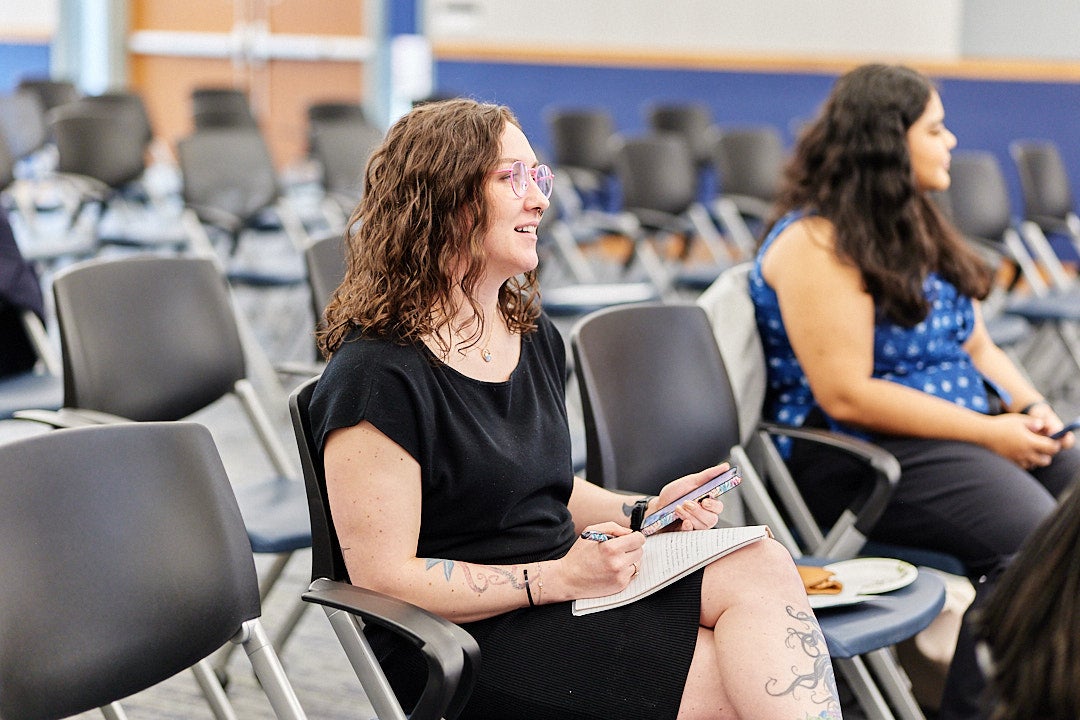
Thematic Foci
Students develop individual academic programs to provide structure for their interdisciplinary investigation of the effects of technology.
They are assessed in individual courses based on the relevant criteria for the subject matter as well as their ability to draw cross-disciplinary inferences. Some students write an extended thesis concentrating on a specific topic; the thesis is evaluated on the importance of its scholarly contribution, the integrity of the research, its creative acumen, and its interdisciplinary perspective. Other students take CCTP 6044: Digital Presence and Strategic Persuasion, where they develop a digital portfolio. They organize what they have learned from their Communication, Culture & Technology courses, projects, and internships in light of personal goals and the needs of industries they seek to enter; they are assessed on the connections they show between specific academic and professional objectives.
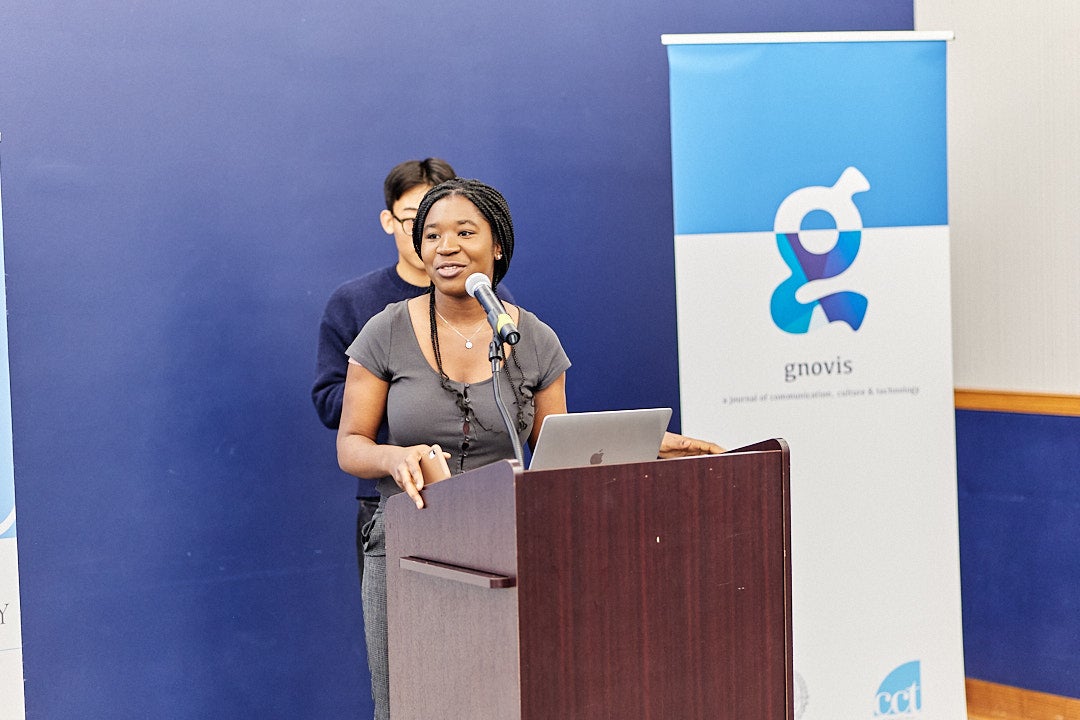
Theory to Practice
Students are challenged to study theoretical frameworks and apply them to puzzles in the way that new technologies interact with communication and culture. They move fluidly between theoretical models and real world outcomes to use theory and evidence in problem-solving.
Students must demonstrate competence in moving between theory and practice as they complete their individual and group projects. They use evidence to expose limits and explore new opportunities for the development of theories. The student journal Gnovis regularly publishes this work.
